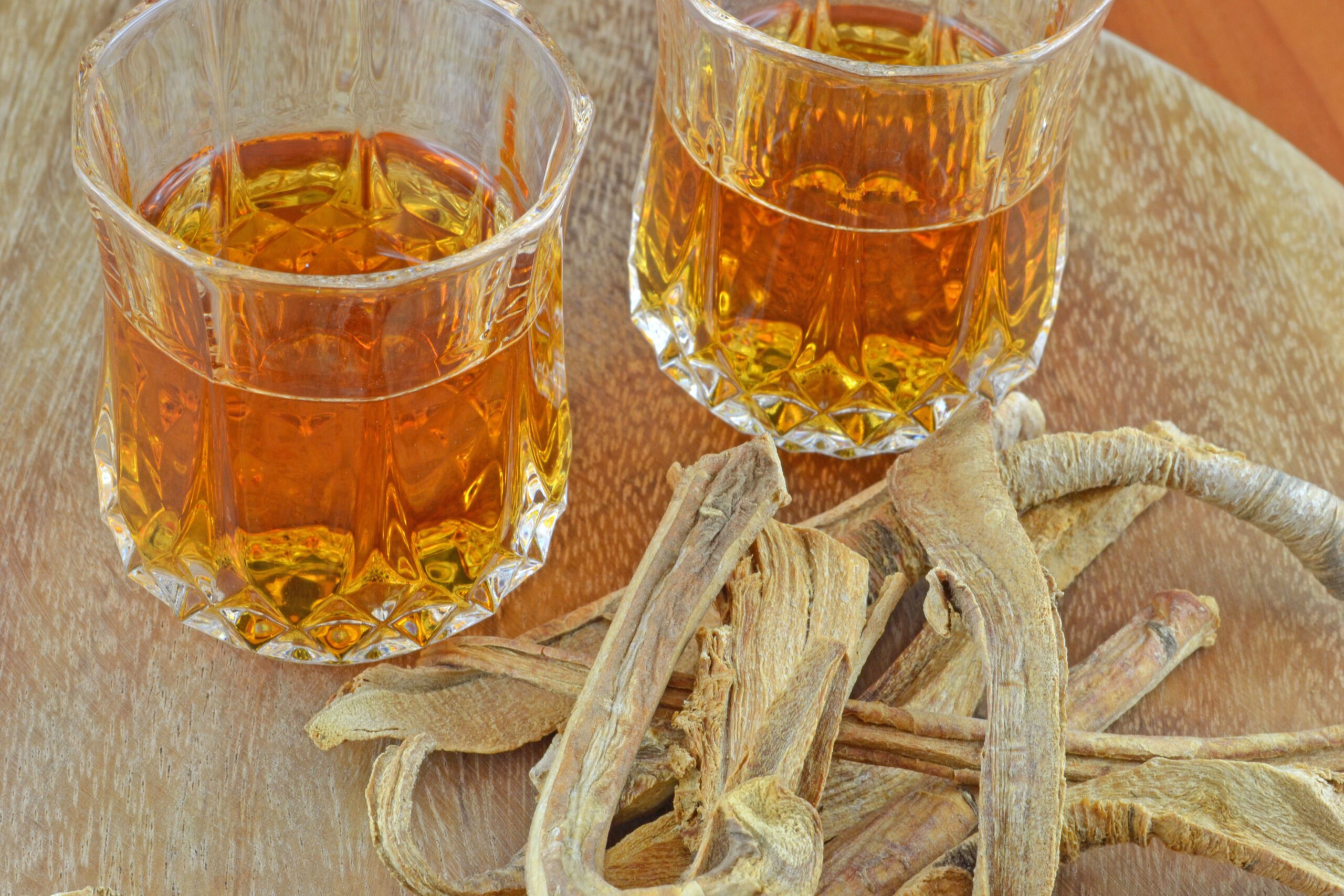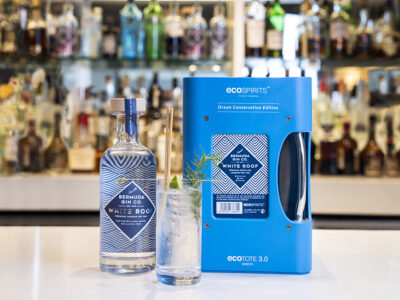May 27th, 2020
With more and more consumers focusing on recycling and sustainability, many brands are following their lead.
The distilled spirits industry is the latest to take up the challenge of finding creative ways to reduce its carbon footprint. Through the use of recycled products and salvaged ingredients, innovative brands are discovering and developing new methods of generating alcoholic beverages that taste good while combating climate change.
Traditionally, distilleries have used ingredients like potatoes, barley and juniper berries to make spirits like vodka, whiskey and gin. But recently, distilleries are charting a more creative path with their ingredients in an effort to meet growing consumer expectations of sustainability. Did you ever imagine your cocktail was once a donut or a box of strawberries? Well, they could be now. A handful of distilleries are reclaiming bread, cookies and donuts to pasteurize, ferment and distill into vodka, while strawberries have been fermented into wine and then distilled into brandy.
The opportunity to transform discarded ingredients into an appetizing product for consumers carries major implications. According to the United Nations’ Food and Agriculture Organization (FAO), one-third of globally produced food goes to waste. Americans alone throw out 50 to 60 million tons of food per year. So the spirits industry’s efforts could make a dent in reducing the waste.
Misadventure and Co., located in San Diego, California is using stale cookies as its latest central ingredient. Sam Chereskin and Whit Rigali, Misadventure’s founders, have used 100,000 pounds of discarded cookies, bread, donuts, bagels and other carb-filled treats and turned them into bottles of vodka. They regularly run 2,000-pound batches of bread, cookies and bagels into “bread soup,” and then pasteurize, ferment and distill the ingredients into a smooth, neutral product.
In 2018, William Grant & Sons released its Discarded Spirits brand. The first creation was sweet vermouth made with cascara, the outer fruit of the coffee berry. Cascara is considered a waste byproduct of coffee production, and each year billions of tons are scrapped or used as fertilizer. Discarded steeps cascara in alcohol and then mixes the blend into the base of a fortified wine. “Two years ago, one of my barista friends gave me some cascara, which I started to experiment with and blend with a variety of vermouths,” Joe Petch of William Grant & Sons said. “What I found is cascara is deep, complex, rich and fruity in flavor.”
Discarded Spirits followed up its release of the sweet cascara vermouth with the launch of the Discarded Banana Peel Rum. The banana peels are taken from a flavor house that uses the banana but throws away the skin. The peel is dried and fermented before being steeped in alcohol for two weeks. After the steeping process, the banana peel is combined with rum, and two days later the final product is ready for bottling.
Tom Stannard, global marketing manager of innovation at William Grant & Sons, is enthusiastic about Discarded’s future. “It’s exciting to see how consumers and bartenders have engaged with Discarded so far,” Stannard said. “When developing (the) rum, we wanted to maintain the magic of reuse whilst credibly expanding into a new category.”
Ryan Christiansen, Caledonia Spirits’ head distiller, received inspiration from a local Vermont farmer who grows burdock, a root commonly used in Japanese cuisine. The farmer offered Christiansen the gnarly roots to try incorporating in their spirits. After initially refusing the offer, Christiansen decided to test the roots. Originally Christiansen planned to distill the fermented burdock neutral. However, halfway through the process, Christiansen tasted the burdock. “The flavor blew us away,” Christiansen said. “It produced this spirit that shocked us. It’s almost like a tequila or a mezcal.”
As businesses look for new ways to become environmentally friendly, those in the spirits industry are turning to salvaged ingredients to maintain flavor while reducing their carbon footprint. This makes for a greener planet, less landfill and more satisfied customers.





